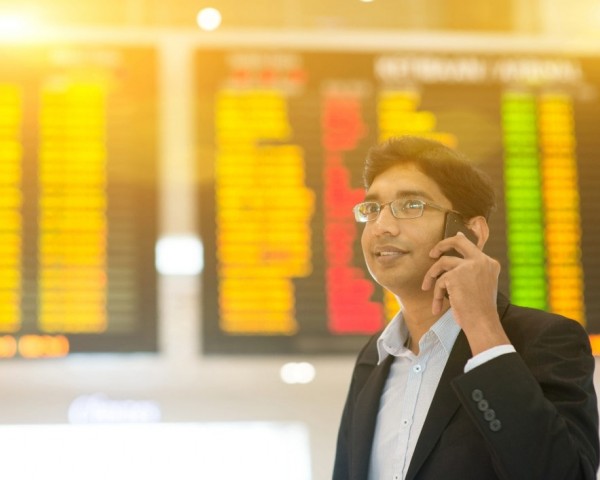The 2025 SAP Concur Global Business Travel Survey, its seventh edition, paints a detailed picture: business travel budgets are expected to mostly stay put, maybe inch up a bit, but still won’t quite cut it. The survey, gathering insights from 3,750 business travelers, 700 travel managers, and CFOs across 24 different markets, really gets into how willing employees are to travel, what impact budget pinches are having, and how habits are changing as companies juggle safety worries, financial pressures, and what employees want.
Strong Willingness to Travel, With Caveats
Globally, almost everyone (97%) is good to go for business travel in the coming year. Most feel those trips are helpful (39%) or totally essential (55%). The DACH region – Germany, Austria, and Switzerland – feels especially strongly about this. In Germany, a huge 97% see business travel as key to doing well at work, while Austria and Switzerland are a bit lower, at 88% and 87% respectively. Also, men (58%) tend to see more value in these trips than women (49%).
Still, a lot (90%) would say no under certain circumstances, like if they felt unsafe or worried about social issues (40%), health risks (38%), or getting burnt out from too much travel (26%). About half business travelers (51%) are happy with how often they travel, but 30% think it’s too much, particularly those working remotely (64% are not pleased) compared to those on-site (46%) or hybrid (45%). With some recent incidents, air travel safety is a worry for 58%, even if 41% say it doesn’t change their travel plans.
Budget Constraints Limit Flexibility
There’s some hope about travel budgets, with around 90% of travelers, managers, and CFOs expecting things to stay the same or get better. Yet, most managers (69%) and CFOs (81%) don’t think the budgets show how important travel is, leading to fewer trips and maybe less effective employees. In DACH, about three-quarters (74%) say they’re seeing cost-cutting, like cheaper flights or skipping upgrades. Around the world, 87% are seeing stricter rules about things like overnight stays (30%), fancy travel classes (30%), and trips unrelated to clients, such as conferences (28%). “Bleisure” (business plus leisure) and “workations” are also getting a closer look, with about a quarter of respondents saying those are now banned.
Business Travelers Seek Comfort, Often at Personal Cost
Business travel looks different from leisure travel. Most (84%) want nicer experiences: fancy hotels (34%), direct flights (33%), private cars (32%), nice restaurants (29%), room service (26%), or generous tips (22%). When the company doesn’t cover these, a large majority (85% globally, 79% in DACH) will pay themselves for better accommodations (38%), extra nights (35%), or better seats (30%).
To save money, 84% try different tricks, like finding cheap eats (36%), using loyalty programs (34%), packing food from home (28%), or grabbing those hotel freebies (24%). Despite restrictions, many (27%) tack on personal travel to business trips to save cash, mixing work and fun.
Business Travel Sector 2025: A Shifting Landscape
The survey shows a business travel world at a turning point. People still want to travel for work, generally, but budget limits and safety worries are changing the game. Companies need to find a way to balance cost with happy employees, especially with more remote workers wanting to travel and business travelers spending their own money for comfort. As things like AI and safety rules change travel planning, the industry needs to adapt to a diverse, cost-aware group of workers, all while making sure trips stay productive and worthwhile.

